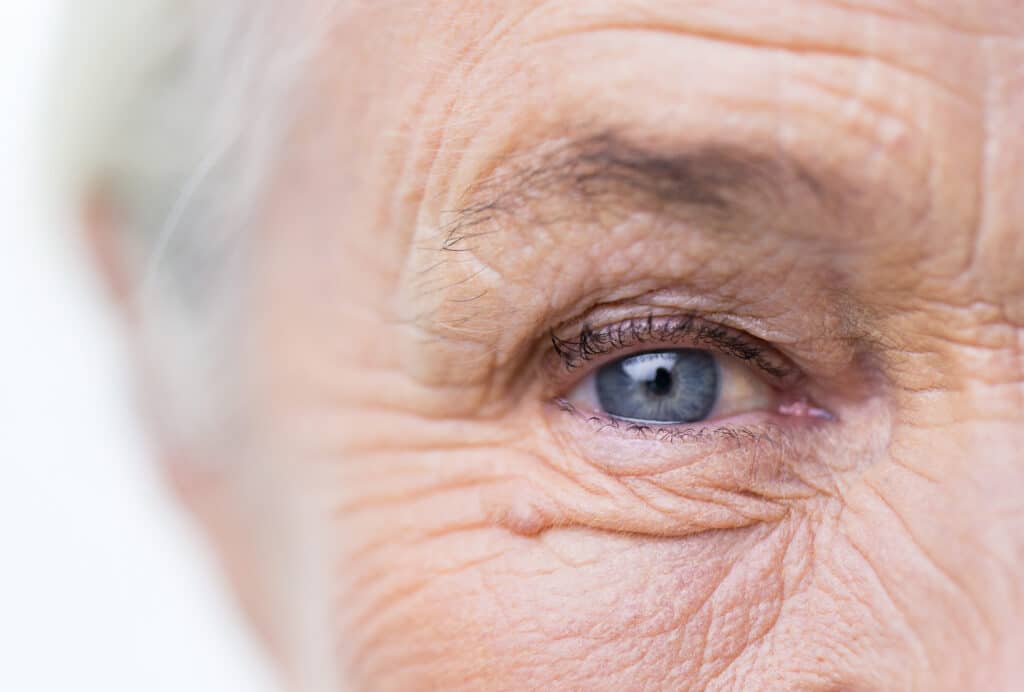Our bodies change as we age—including our eyes—with glaucoma being one of the most prevalent age-related eye disorders. Glaucoma, which is a collection of eye conditions that cause damage to the optic nerve, can eventually result in vision loss. Unfortunately, since the disease frequently progresses slowly, it may go undetected until serious harm has been done. Because glaucoma is more common in older adults, it is important for seniors to know about the disease and how it affects their eyesight and general health. Helping them along the way is senior home care.
Understanding Glaucoma
As mentioned, glaucoma can exist for quite some time without showing any signs or symptoms. Although the precise origin of glaucoma is unknown, elevated intraocular pressure (IOP), or pressure inside the eye, is one of the main risk factors. However, not everyone with a high IOP gets glaucoma, which makes things even more confusing. It’s also important to note that glaucoma comes in various forms, such as angle-closure glaucoma, normal-tension glaucoma, and primary open-angle glaucoma. Although each variety has unique traits and risk factors, if not addressed, they can all result in irreversible visual loss.
Risk Factors and Glaucoma’s Impact on Seniors
Age-related changes in the drainage system of the eye, family history, and other underlying medical disorders, including diabetes and hypertension, put seniors at higher risk of getting glaucoma. If seniors can check one or more of these things off, it’s more vital than ever to make sure they make and attend all vision screenings.
For seniors who’ve been diagnosed with glaucoma, it can be difficult to manage daily tasks due to vision loss. Things like reading and driving could get challenging or even impossible. Furthermore, poor vision can raise the chance of falls and other mishaps, which can result in injuries and a decline in confidence.
Seniors with glaucoma might also experience emotional and mental health problems in addition to physical health problems. The frustration of not being able to complete routine tasks and the fear of losing one’s independence can exacerbate anxiety, despair, and loneliness. This is where senior home care can really shine, providing transportation when necessary, assistance in completing these daily tasks, and much-needed companionship so that seniors can remain in their homes.
Tips for Managing the Impact of Glaucoma
Although there is no known cure for glaucoma, early identification and intervention can help impede the disease’s progression and protect residual vision. Seniors should have regular eye exams because these enable eye care specialists to track changes in the health of the eyes and identify glaucoma early on.
Additionally, lowering IOP is a common glaucoma treatment strategy that aims to lower the risk of future optic nerve damage. Depending on the severity of the condition and the response to treatment, this may be accomplished via laser therapy, surgery, or medication (oral or ocular drops). Senior home care can assist seniors in understanding their options, provide educational information about each one, and remind seniors to take any prescribed medications.
Seniors should also strive to maintain a healthy lifestyle by eating a well-balanced diet, getting regular exercise, and taking care of any underlying medical concerns, such as diabetes and hypertension.
Glaucoma can seriously impair the vision and general health of seniors. However, they can manage glaucoma and maintain their vision for years by being aware of the condition, appreciating the value of routine eye exams, and adhering to treatment recommendations made by eye care specialists. With senior home care and loved ones by their side, seniors can get the support they need to manage glaucoma.
Sources:
https://glaucomafoundation.org/
https://ece.hsdm.harvard.edu/news/glaucoma-awareness-essential-health-aging-population
If you or an aging loved one is considering senior home care in Downers Grove, IL, please contact the caring staff at Suburban Home Care today at (630) 964-9000.
There are several great reasons why Suburban Home Care® should be your choice for quality homecare. All of our Certified Nursing Assistants and Home Health Aides are screened, trained, bonded and insured.
Every family needs to be aware that almost every Homeowner’s insurance policy specifically excludes anyone working within your home. If the person you hire becomes injured while working for you, you will become personally responsible for all of their medical bills. This has left several families very vulnerable when their caregiver injured themselves at their home.
The potential to lose everything you have worked so hard to achieve seems an unnecessary risk. Every one of Suburban Home Care®’s employees are completely covered by insurance so you and your loved ones can relax knowing that if something unforeseen happens to your caregiver, they are completely covered by insurance.
- Home Care Assistance Supports ADLs and IADLs for Seniors - April 24, 2025
- What Can Families Do When Seniors Don’t Want to Talk? - April 7, 2025
- SPRING SPECIAL! - April 4, 2025



